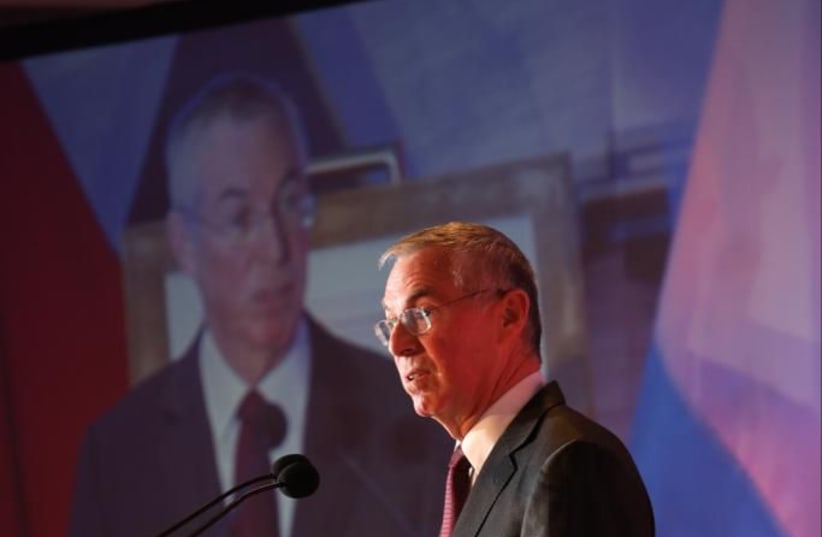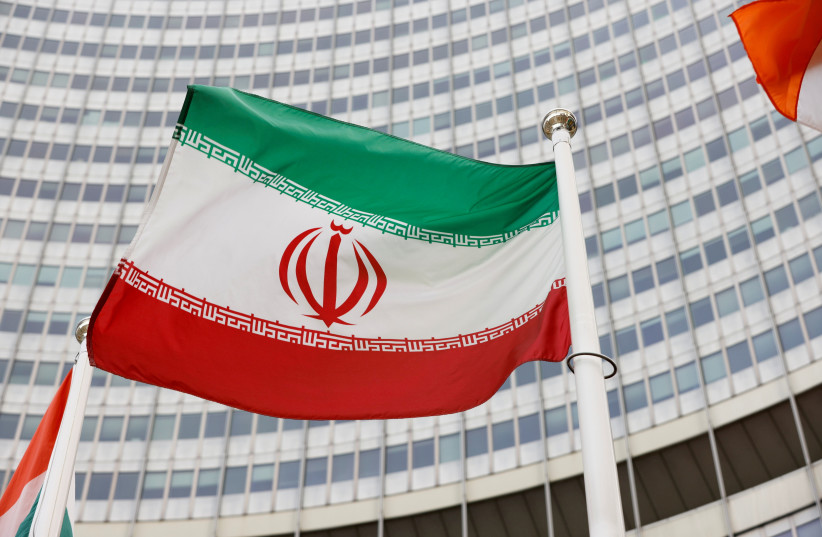WASHINGTON – A nuclear deal would not contain Iran “unless there is a serious deterrence vis-à-vis Iran,” Ambassador to the US Mike Herzog said in an interview with The Washington Post on Monday. He said that “with or without a deal,” he would like to see that deterrence in place.
“The discussion between this deal and no deal is a difficult one because both options are unappealing, unfortunately,” said Herzog. “To me, the most critical element is not whether you do a deal or don’t do a deal. It’s whether you have deterrence vis-à-vis Iran. Iran is a predator state. Iran is a destabilizing factor in the region. I certainly believe that if you show assertiveness vis-à-vis Iran, as Israel has shown in the last few years in the region, you will deter Iran. With all due respect, Iran is not an 800-pound gorilla that cannot be deterred.”
Asked how Israel would react should a deal be signed, he said that Israel’s leadership has stated more than once that it is not part of any deal that might be made, “and therefore we maintain our options open. We will build our capabilities to counter Iran; we will maintain our freedom of action, and will decide in due time what action to take. But of course, we are not going to sit idly by or be indifferent to the situation where Iran is legitimized as a nuclear threshold state.”
Asked what elements he wished the deal would include, Herzog said: “If I had to single out one element, I would like to see a deal without sunsets [time-limiting clauses], or if at all, sunsets in a very far distance. To do a deal of only a few years – for us – this is concerning.
“In this New Deal, if you compare it to the original deal, in one sense you get less from Iran because the Iranian advances on the nuclear field can bring about a situation where a breakout time toward military-grade fissile material for a bomb is shortened considerably compared to the original deal, because Iran advanced and manufactures new types of centrifuges that were not at its disposal at the time – and this is a deal for a relatively short period of time.”
He said that lifting sanctions from the Islamic Republic would provide Tehran with the funds for more destabilizing regional activities.
“Israel is concerned – and by the way, it’s not only Israel, also our neighbors in the region – that these funds will find their way to Iranian proxies, and we will feel it,” he said. “It will destabilize the region. So for all of these reasons, we are very much concerned [that] this deal would not add stability but may be counterproductive.”

